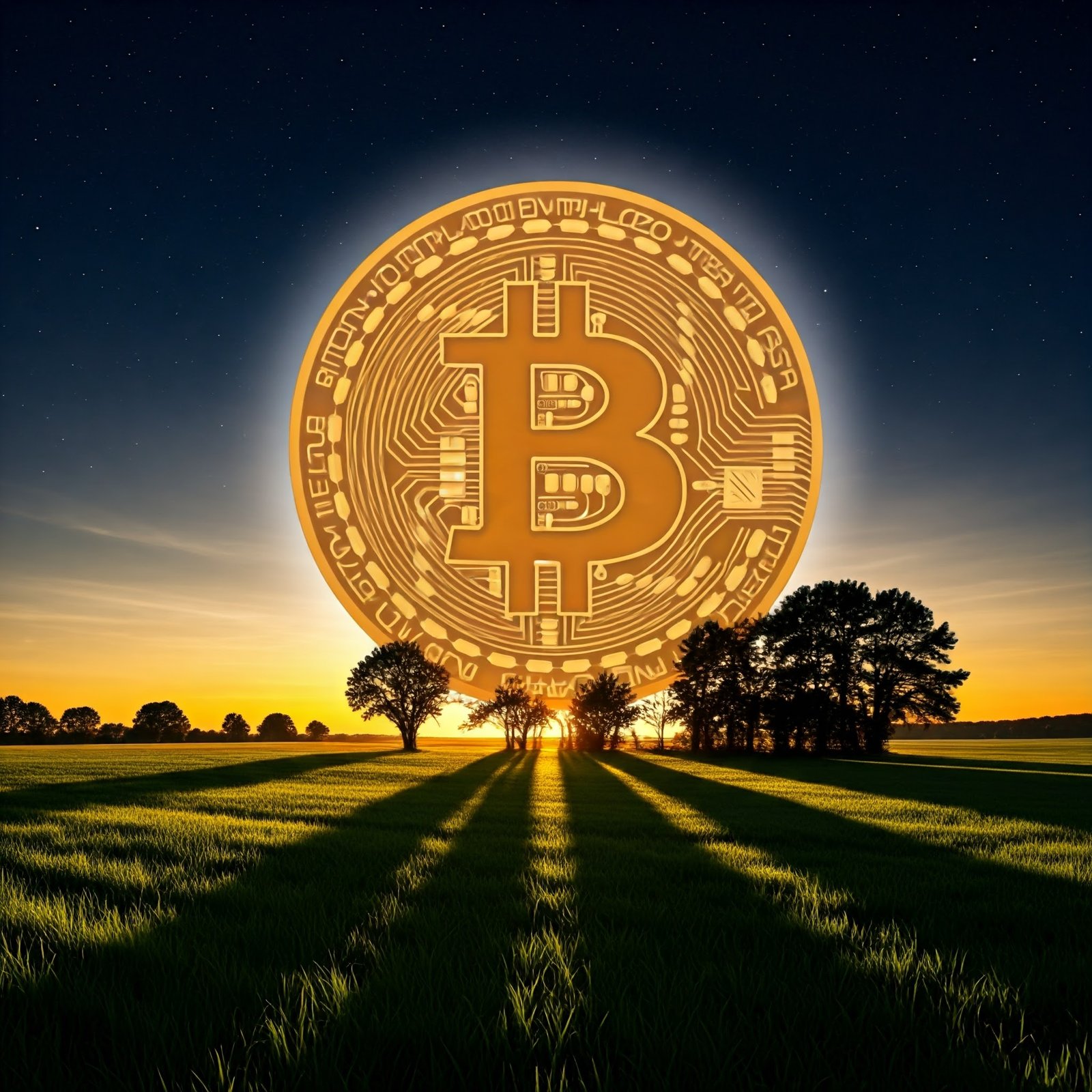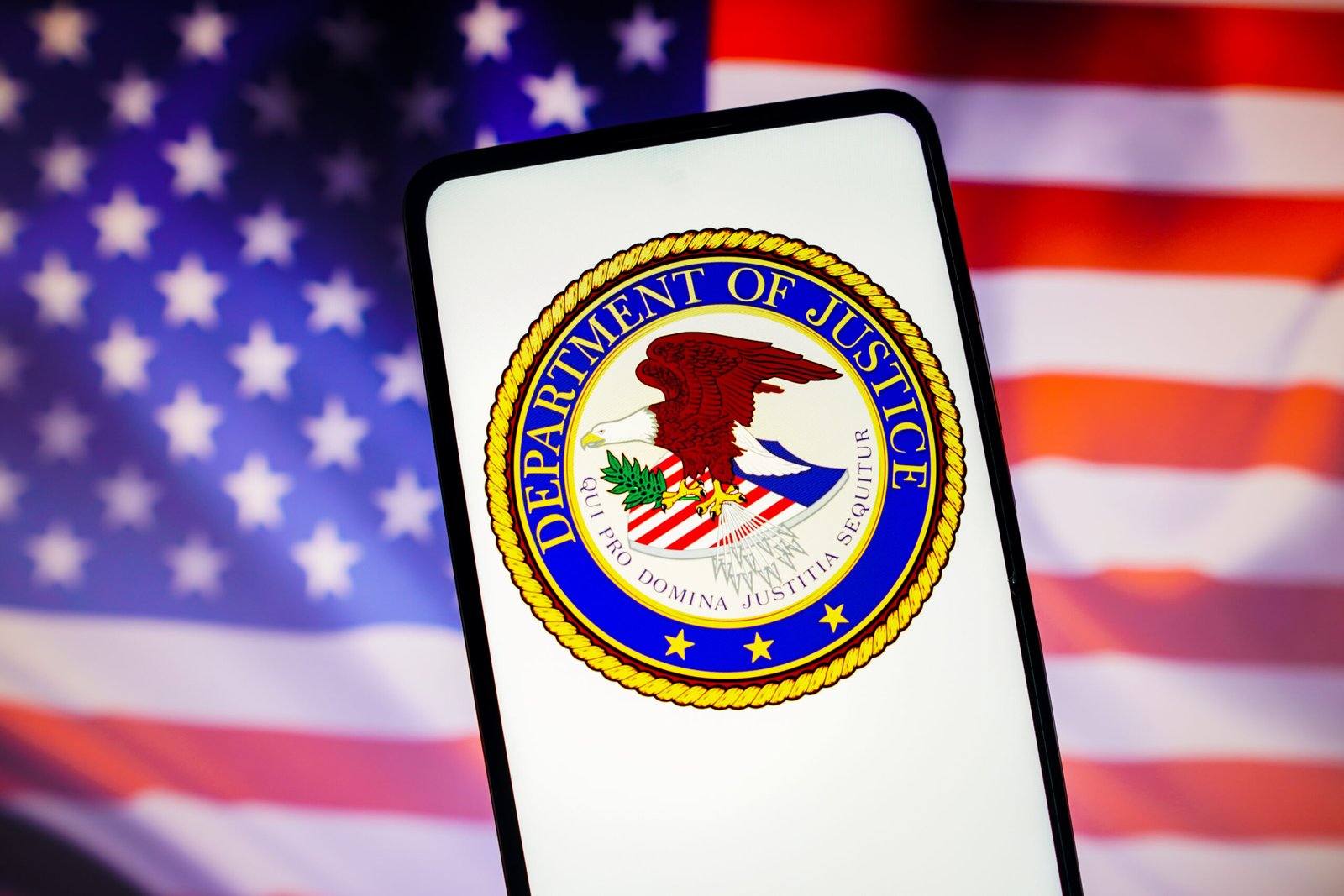you’ve ever saved up Starbucks Stars, airline miles, or hotel points, you probably know one painful truth: your rewards are quietly losing value every year.
Whether it’s Delta raising its thresholds, Starbucks doubling the Stars you need for a latte, or hotel chains inflating free night costs by 50% — it’s all part of the same game. Loyalty points are just another fiat currency: centralized, inflationary, and designed to benefit the issuer, not you.
Meanwhile, Bitcoin does the opposite. It’s designed to fight inflation, with a fixed supply of 21 million coins and a monetary policy set in code, not in a corporate boardroom.
So here’s the big idea: what happens when people start earning Bitcoin instead of airline miles?
The Bitcoin Rewards Revolution Has Already Begun
Over the last few years, a wave of Bitcoin rewards programs and debit/credit cards have quietly emerged — and they’re gaining steam:
- Fold Card: Earn Bitcoin back on everyday purchases instead of airline miles or cash. People are stacking sats on groceries and gas.
- Strike: Lets you earn Bitcoin rewards for spending via their debit card — while using the Lightning Network to settle instantly.
- BlockFi (pre-FTX): Pioneered Bitcoin credit card rewards before regulatory hurdles paused it. Others are stepping in.
- Lolli: Earn Bitcoin back when shopping online at thousands of partner stores.
Instead of collecting miles that airlines can devalue overnight, you’re stacking a hard money asset that has historically gained purchasing power over time — and can’t be diluted by a company’s accounting tricks.
Rewards That Protect You From Inflation
Think about this: the average airline mile loses 3–5% of its value every year. Starbucks Stars can jump 20% in “cost” overnight. The dollar itself loses 3–7% of its purchasing power annually, too.
Bitcoin flips this script. It’s programmed to resist debasement. There are no blackout dates. No secret award charts that disappear. No corporate CFO deciding to quietly double the price of your latte.
When you earn Bitcoin rewards instead of fiat points, you’re putting your value into an asset that can’t be printed out of thin air — and that simple shift changes the incentives of the whole game.
A Trojan Horse for Mass Bitcoin Adoption
Most people won’t read the Bitcoin white paper. But they will sign up for a card that gives them 1–3% back in Bitcoin. Or shop through a portal to get a few sats for buying jeans. Or use a debit card that rounds up purchases into Bitcoin savings.
Every swipe, every tap, every checkout becomes a tiny moment of Bitcoin onboarding — and over time, it adds up. The same way Starbucks taught millions to chase Stars for a “free” coffee, Bitcoin rewards teach millions to value sats over inflationary points.
The Bottom Line
The old loyalty game is rigged. Your points are melting ice cubes. Bitcoin is the antidote.
So next time you’re about to earn a mile, a point, or a Star — ask yourself:
Would you rather hold a liability or an asset?
The Bitcoin rewards economy is here. Earn wisely. Stack sats. Opt out of inflation — one purchase at a time.
Want to see the best Bitcoin rewards cards for 2025?
👉 Drop a comment or subscribe — I’ll break down the top picks in my next post.


0 Comments